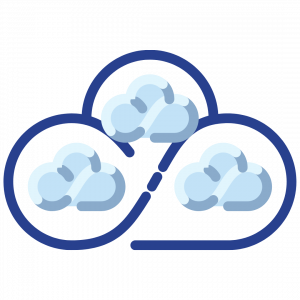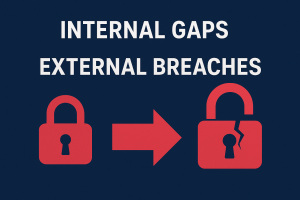What Is Multicloud? Why It’s Coming Soon, Why It’s A Big Deal, and How You Can Benefit
Enterprises are increasingly turning to multi-cloud deployment strategies, in which multiple public cloud providers are used to deploy and run enterprise applications. Multiple clouds can be leveraged for a variety of reasons, whether it’s to ease management or drive down costs. In this white paper, we will explore the challenges and benefits enterprises face when they deploy their applications across multiple clouds.
The term “multicloud” emerged around 2010 to describe a software-defined network (SDN) environment in which companies could mix and match the cloud services of different providers. This let organizations achieve greater flexibility and faster deployment, as well as faster adoption of new features and functionality.
What is Multicloud
Multicloud is a type of cloud computing that uses more than one cloud service provider.

The term multi-cloud can also refer to an architecture where at least some portion of the application is deployed on multiple public clouds or a combination of public and private clouds.
Many people are already using multi-cloud environments in their personal lives. For example, when you use Amazon Web Services (AWS) to host your website and Dropbox to store your documents, you’re using a multicloud solution.
Although there are many advantages to using multicloud architecture, it’s not without its challenges. Organizations that deploy multicloud solutions must be prepared for issues such as:
Inconsistent performance – If one cloud service provider experiences an outage, your organization’s data may be compromised. This can cause major issues for companies whose entire business model depends on reliable access to their data.
Increased risk exposure – Hackers often exploit vulnerabilities in different types of software to gain access to sensitive information stored within them. If one part of your business uses Microsoft Office 365 while another uses Google Apps, hackers could potentially steal data from both platforms by hacking into either one.
The Difference Between Hybrid cloud and multi-cloud
Hybrid cloud implies that an IT organization is using more than one form of cloud computing solution – some part of their IT operation is running in a traditional server room or data center and another part is running on a public cloud. Cloud bursting refers to situations where an organization uses both their own servers and the public cloud, but only for short periods of time to handle peaks in demand. Both hybrid cloud and cloud bursting are real world examples of multicloud computing.
Both multicloud and hybrid cloud approaches include using more than one cloud provider (i.e., public cloud, private cloud, etc.), but they differ in approach. Hybrid cloud refers to the use of two or more clouds belonging either to public or private domains. On the other hand, multicloud refers to using two or more clouds belonging to different providers or domains.
For example, a company may choose one public cloud platform for its web traffic and another for its file storage. This is an example of multicloud since the two clouds are from different providers (or at least two different products from the same provider.
Multicloud Advantages
The main advantage of multi-cloud is choice; choosing which service best suits your business needs from a variety of options available from multiple providers. It provides flexibility in terms of integrating applications and workloads into existing infrastructures and allows
While there are many definitions, this is the most widely accepted one. Multicloud can be deployed for a variety of reasons, including:To prevent vendor lock-in, which occurs when companies are unable to switch cloud platforms because they cannot move their data and applications or would face significant costs for doing so
- To take advantage of regional pricing differences (e.g., cheaper storage in one region)
- To avoid downtime from problems with a single cloud provider
- To access capabilities not offered by a single cloud provider
- To leverage best-of-breed solutions from multiple vendors
Connect with us for information.






